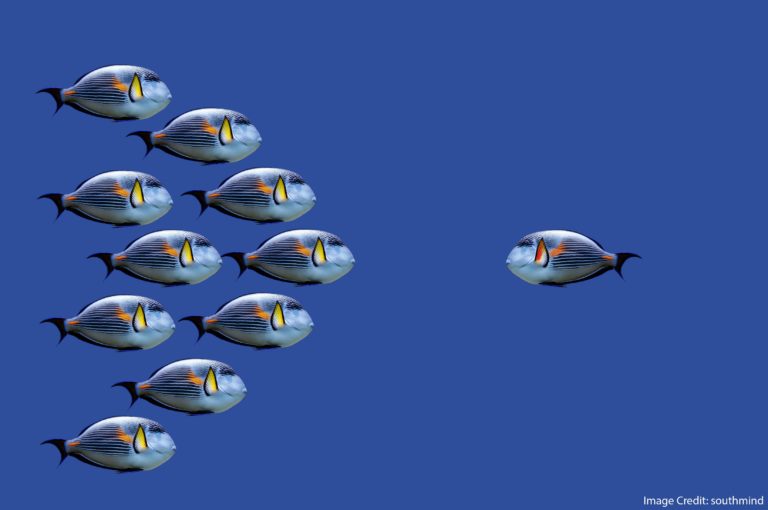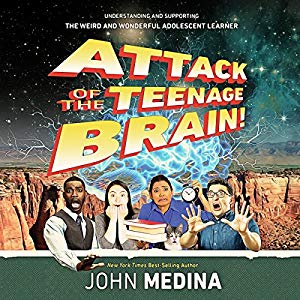-
ABOUT THE AUTHOR
Andrew Watson
Andrew began his classroom life as a high-school English teacher in 1988, and has been working in or near schools ever since. In 2008, Andrew began exploring the practical application of psychology and neuroscience in his classroom. In 2011, he earned his M. Ed. from the “Mind, Brain, Education” program at Harvard University. As President of “Translate the Brain,” Andrew now works with teachers, students, administrators, and parents to make learning easier and teaching more effective. He has presented at schools and workshops across the country; he also serves as an adviser to several organizations, including “The People’s Science.” Andrew is the author of "Learning Begins: The Science of Working Memory and Attention for the Classroom Teacher."
Tags
ADHD adolescence attention autism book review boundary conditions classroom advice conference speakers constructivism/direct instruction creativity desirable difficulty development dual coding elementary school embodied cognition emotion evolution exercise experts and novices gender high school homework intelligence long-term memory math methodology middle school mind-wandering mindfulness Mindset motivation neuromyths neuroscience online learning parents psychology reading retrieval practice self-control skepticism sleep STEM stress technology working memoryRecent Comments
- Goals, Failure, and Emotions: a Conceptual Framework |Education & Teacher Conferences on “Learning from Mistakes” vs. “Learning from Explanations”
- From Destruction to Rebuilding: Hope in Science’s Down Cycle on When Analogies Go Wrong: The Benefits of Stress?
- Dual Coding: Boosting Learning Through Words and Images – White Dragon of East County on Visual & Verbal: Welcome to “Dual Coding”
- "All People Learn the Same Way": Exploring a Debate |Education & Teacher Conferences on The Goldilocks Map by Andrew Watson
- URL on Difference Maker: Enacting Systems Theory in Biology Teaching, by Christian...
ABOUT THE BLOG

Can Creativity Be Taught? What’s the Formula?
My edutwitter feed has a lively debate about this question: can we teach people to…

Why Do Teachers Resist Research? And, Why Should We?
Let’s imagine that you show me research suggesting that students remember the words they draw…
![AdobeStock_183565510 [Converted]](https://www.learningandthebrain.com/blog/wp-content/uploads/2019/02/AdobeStock_183565510-Converted-768x746.jpg)
Fool Me Twice, Shame on Me
We often post about the unreliability of “brain training.” Heck, even though I live in…

The Joys (and Stresses) of Teacher/Neuroscientist Collaboration
In an ideal world, teachers and researchers collaborate to bring out the best in each…

Two Swings, Two Misses: The New York Times on Education
Two recent articles in the New York Times have gotten lots of teacherly attention. What’s…

Big Hairy Audacious Education Proposal of the Month
John Medina’s books have been a gateway drug for many a brain-focused teacher. (Like so…

Two Helpful Strategies to Lessen Exam Stresses
Exam stress bothers many of our students. Sadly, it hinders students from lower socio-economic status…

Strategies that Backfire: Monitoring Screen Time
Paradoxically, monitoring screen time for young children increases their screen usage. A better strategy: modeling the behavior we want to see. Continue reading

Does Drawing a Simple Picture Benefit Memory?
If a picture is worth 1000 words, how many words is drawing a picture worth?…

Spiders in Budapest: Deeper Understanding of the Brain
“Why can I forget what the capital of Hungary is, but not that I’m afraid…

